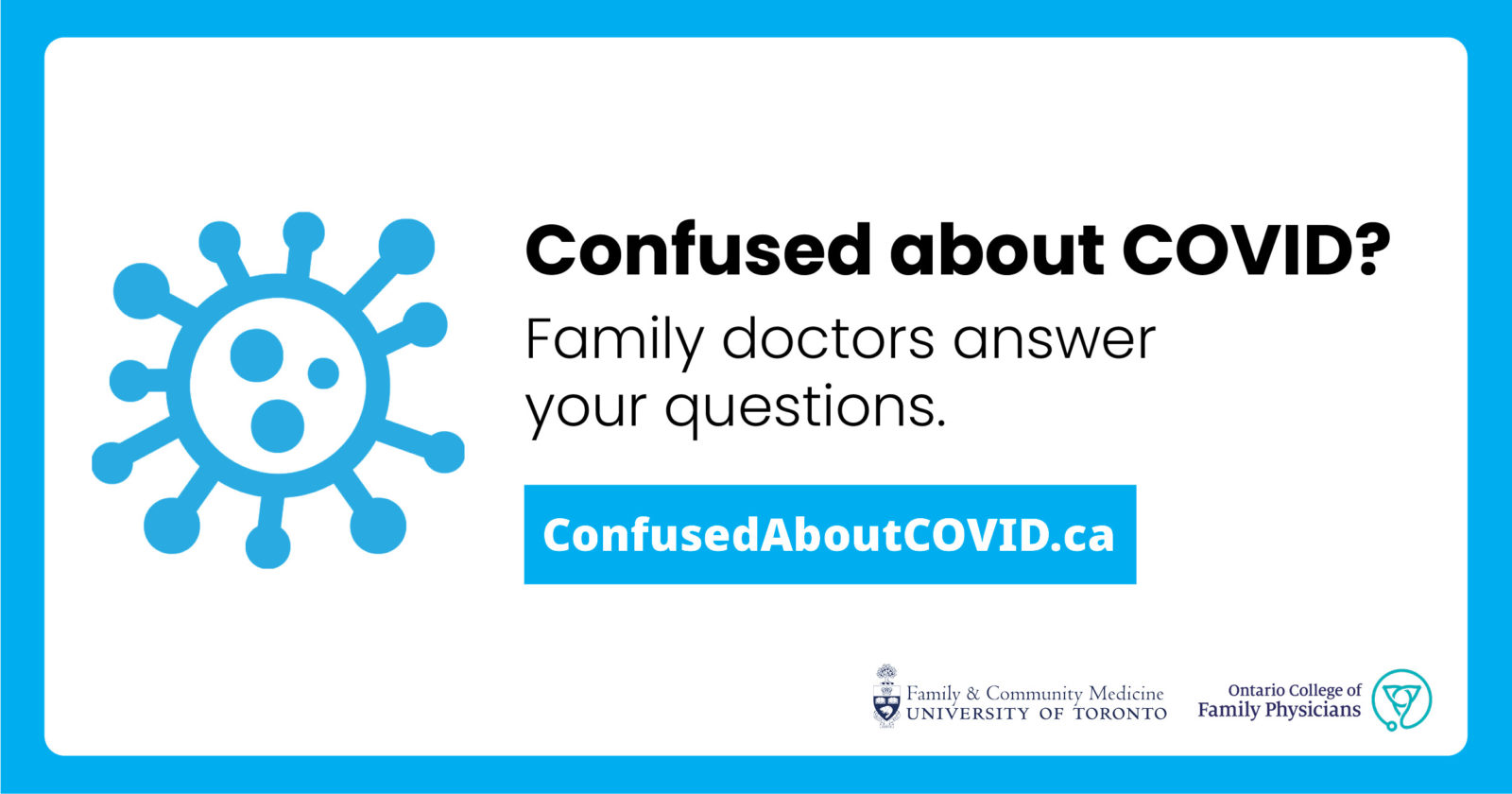Every day, thousands of Canadians are infected with COVID. But this isn’t March 2020. As a result of high rates of vaccination and the particulars of Omicron, the overwhelming majority of those getting COVID currently will not need hospital care. What Canadians do need to be able to ride out this wave is information, support at home and timely access to primary care.
And what primary care teams need is reliable resources to help guide us through the ever-changing thicket of research, public health guidance and tools for prevention and treatment. We need to support most people to manage on their own while also identifying and helping people who need timely interventions to keep them from becoming seriously sick.
On the ground and at the front line, it seems that information – our most valuable asset in the Omicron wave – isn’t getting through clearly.
It used to be that when you had COVID symptoms, you were supposed to get a test. Now we say most people don’t need a test – assume COVID if you have symptoms.
It used to be that when you got COVID, public health would call you and tell you how long to self-isolate and then notify your high-risk contacts. Now it’s up to you to read and follow the guidance. It’s also up to you to call your contacts and advise them what to do.
It used to be that when you got COVID, there were no treatments to offer you if your symptoms were milder. Now there are new drugs that some people can take to reduce their chance of getting seriously ill.
Who could blame a person for feeling confused?
As family doctors, we’ve been answering a large volume of calls from our patients who have questions on everything from testing to how to manage at home to worry about the new variant.
To help patients and the public, the Department of Family and Community Medicine at the University of Toronto together with the Ontario College of Family Physicians have created a set of new resources, ConfusedAboutCOVID.ca, that answers common questions in plain language:
- I’m feeling unwell. How do I know I have COVID? What should I do?
- I think I have COVID, when should I call my doctor?
- Do I need a COVID PCR test?
- When should I use a Rapid Antigen Test?
- I’ve been exposed to COVID. What should I do?
- I’m worried about the new variant. How do I keep safe during Omicron?
- My child has COVID. What should I know?
Resources to come will include information on COVID in pregnancy, masking, treatments for COVID and more.
These resources are undergoing translation into multiple languages and will be added to as we hear more from our patients. We also see these resources as key for family physicians and other primary care providers who need easy access to the most up-to-date advice on management of COVID-19 in the community.
Clear, reliable information can help people gain control of a situation that often feels beyond their control.
Visit ConfusedAboutCOVID.ca to view the resources and if you have a question you think we should answer or suggestion about the site, email us at dfcm.quality@utoronto.ca



The comments section is closed.